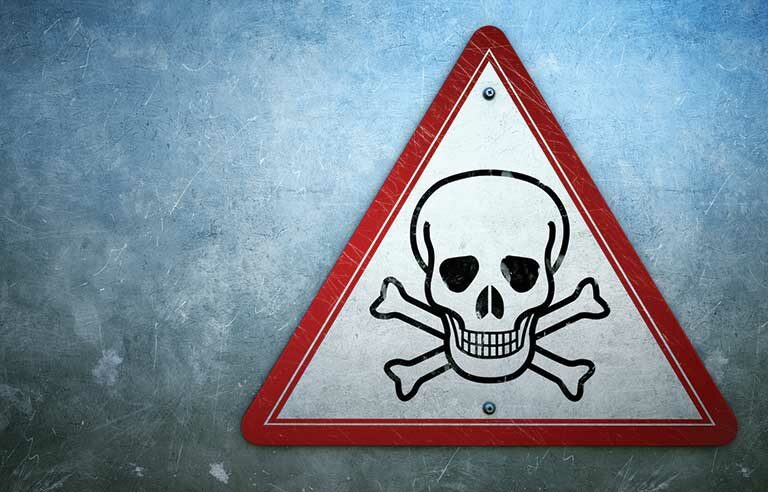Hazardous substance exposure on the job: UN expert presents 15 principles to end risk

Geneva — United Nations Special Rapporteur Baskut Tuncak is urging governments and businesses around the world to adopt a series of principles intended to protect workers who are exposed to hazardous substances and provide solutions for violations of their rights.
Addressing the UN Human Rights Council on Sept. 9, Tuncak presented the 15 principles from his recent report, Principles on Human Rights and the Protection of Workers from Exposure to Toxic Substances.
“Millions of workers continue to be forced to make the abhorrent choice between their health and their income, and millions more are poisoned without their knowledge or consent,” Tuncak said in a Sept. 9 press release. “For too long, workers have been exploited by relentless exposure to a toxic cocktail of substances.”
Tuncak presented the principles with a focus on three areas:
Duties and responsibilities to prevent exposure:
- All workers must be protected from exposure to toxic substances on the job.
- Governments have a duty to protect the human rights of workers through the prevention of exposure to toxic substances.
- Businesses have a responsibility to prevent occupational exposures to toxic substances.
- Hazard elimination is paramount in preventing occupational exposures.
- Duties and responsibilities to prevent the exposure of workers to toxic substances extend beyond borders.
- Governments must prevent third parties from distorting scientific evidence or manipulating processes to perpetuate exposure.
- Protecting workers from exposure to toxic substances protects their families, their communities and the environment.
Information, participation and assembly:
- Every worker has the right to know, which includes knowing their rights.
- Health and safety information about toxic substances must never be confidential.
- The right to safe and healthy work is inseparable from freedom of association, the right to organize and the right to collective bargaining.
- Workers, representatives of workers, whistleblowers and rights defenders must all be protected from intimidation, threats and other forms of reprisal.
Effective remedies:
- Workers, their families and their communities must have immediate access to an appropriate and effective remedy, which should be available from the time of exposure.
- Workers or their families should not bear the burden of proving the cause of their illness or disability to access an effective remedy.
- Depriving workers of their right to safe and healthy work should be a crime.
- Governments should ensure accountability for cross-border cases of workers harmed by occupational exposures.
Post a comment to this article
Safety+Health welcomes comments that promote respectful dialogue. Please stay on topic. Comments that contain personal attacks, profanity or abusive language – or those aggressively promoting products or services – will be removed. We reserve the right to determine which comments violate our comment policy. (Anonymous comments are welcome; merely skip the “name” field in the comment box. An email address is required but will not be included with your comment.)

